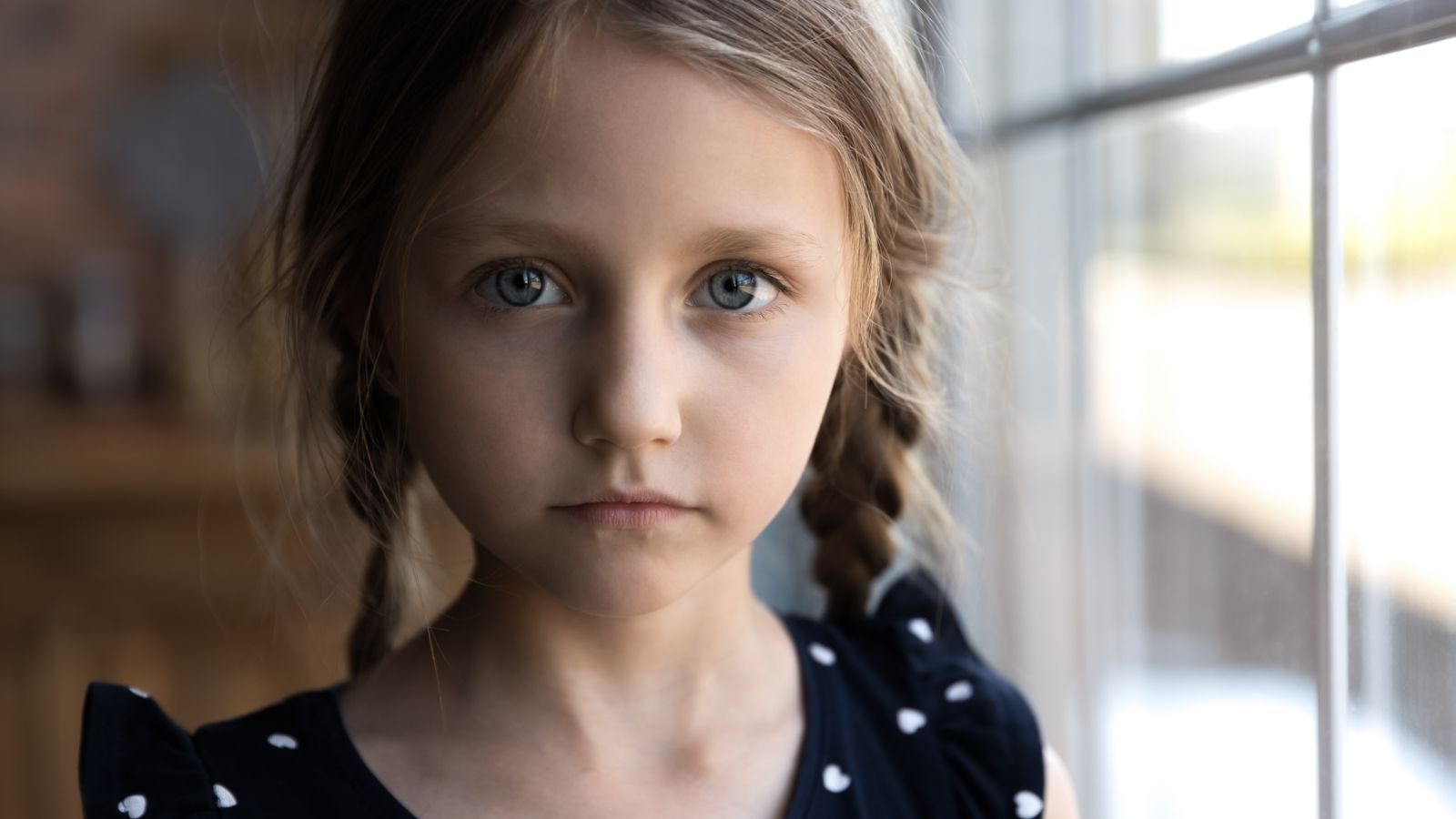Being a parent is a hard job, so even those who are truly trying their best will often miss the mark on creating the best environment for their children. Unfortunately, this means that many of us grow up with far-from-perfect childhoods that affect us into adulthood. Here are 18 common traits found in adults who had unhappy childhoods.
Constant Need for Validation

Studies have proven that too little validation in your childhood can create a strong need for external validation in your adulthood. This often manifests as anxiety, seeking words of reassurance and approval from friends and romantic partners, and feelings of inadequacy.
Fear of Abandonment

Having a fear of abandonment as an adult almost always stems from childhood experiences of abandonment or neglect. This creates a deep-rooted fear that our close ones will leave us in some way, even if it logically seems unlikely.
Perfectionism

Perfectionism may seem like a less serious issue than some of the others on our list, but it can be truly debilitating at times and is often rooted in experiences of childhood trauma. High expectations in childhood can lead us to set unreasonably high standards for ourselves in adulthood, which may cause us to feel inadequate if we cannot meet them.
Emotional Instability

Unstable childhood homes or environments can manifest as emotional instability when we grow up. This often looks like extreme mood swings, difficulty coping with stress, and high levels of neuroticism. It’s important to be kind and compassionate to yourself to help create a greater feeling of stability.
Difficulty Expressing Emotions

When healthy expressions of emotion are punished or discouraged in childhood, it can be very difficult to begin opening up to others fully in adulthood. We may become avoidant as a result, bottling things up instead of confiding in a friend or family member.
Hyper-Vigilance

Kids who grew up in dangerous or unstable environments are more likely to be hypervigilant to any signs of danger, as they learned this behavior had a greater chance of keeping them safe. While this can help us cope with unhappy childhoods, it can cause anxiety, sleep issues, and control problems in adulthood.
Low Self-Esteem

Negative childhood messages about our worth and capability can be highly damaging to our self-esteem. This often carries over to adulthood, where we may find issues with our relationships and careers as a result of feeling less than others.
Distrust of Intuition

Unfortunately, many of us are familiar with the childhood experience of being told that our thoughts and feelings about things are wrong. As adults, this can lead us to distrust our own intuition, which could cause us to struggle with decision-making and potentially land us in dangerous situations.
Difficulty Being Vulnerable

It’s hard to open up if your vulnerabilities and emotions were mocked or dismissed as a child. People with these childhood experiences are more likely to hide their emotions and put up barriers to protect themselves against potential harm.
Challenges Expressing Anger

Anger is a healthy emotion that can tell us when a boundary has been violated. But unfortunately, many parents end up punishing their children for healthy expressions of anger. In adulthood, this can cause us to bottle up our anger until it explodes or manifests in other toxic behaviors.
Struggle to Accept Compliments

It can be hard for those of us who were not sufficiently praised or conditioned to reject praise to accept compliments as adults. This issue can also stem from feelings of unworthiness or self-hatred rooted in negative childhood experiences.
Difficulty Setting Boundaries

People who have had adverse childhood experiences are more likely to struggle with setting adequate boundaries. This often manifests as putting other people’s needs before your own, sacrificing your happiness in the process. It’s important to set healthy boundaries to take care of yourself and your needs.
Need for External Validation

If we were not adequately validated and praised as children, we may lack an inherent sense of self-worth and self-esteem. As a result, we’re more likely to seek this from others, especially those closest to us.
Fear of Rejection

Another trait common in those with unhappy childhoods is a fear of rejection. This can come from a learned sense that we’re not good enough or painful experiences of rejection or abandonment in childhood. Building self-confidence and intentionally facing situations involving potential rejection are great ways to combat this fear.
Tendency to Overthink

Overthinking is often rooted in traumatic childhood events that taught us to anticipate negative experiences. This habit commonly creates other issues such as increased anxiety, stress, insomnia, and difficulties with decision-making. Meditation, mindfulness, and therapy can all be effective solutions to overthinking.
Difficulty Forgiving Self

People with adverse childhood experiences are more likely to struggle with forgiving themselves for perceived mistakes and shortcomings. If you’re grappling with this issue, perhaps you were scapegoated as a child or taught that you were incapable of doing things right.
Subconscious Self-Sabotage

Survivors of child abuse and those who developed PTSD in their childhoods are prone to issues with self-sabotage. This often stems from feelings of unworthiness and low self-esteem that developed in unhealthy childhood environments.
People-Pleasing

Everyone likes people-pleasers, but their accommodating behavior often has dark roots. A fear of rejection or criticism originating in childhood can cause us to become overly attentive to the needs of others, often to our own detriment. CF
Read More: 21 Things That Will Be Lost Forever When The Boomer Generation is Gone

Baby boomers grew up in a vastly different culture, so they have what younger generations consider strange habits. An internet survey recently asked, “What will die with boomers?” Here are the top 22 answers.
21 Things That Will Be Lost Forever When The Boomer Generation is Gone
18 Common Phrases That Signals Support for Trump

Understanding the unique language of politics, particularly among Trump supporters, can provide valuable insights into the nation’s current state. Here’s a deeper look into 17 phrases you’ll likely only hear from this demographic.
18 Common Phrases That Signals Support for Trump
17 Religious Facts People Get Wrong All the Time

Religious beliefs and practices are often misunderstood, leading to common misconceptions. Some are just too general, others are downright out there. So, we’ll be correcting 17 widely circulated ‘facts’ about world religions.
17 Religious Facts People Get Wrong All the Time
Why People Aren’t Religious Anymore: 15 Simple Reasons

As society evolves, so does our approach to spirituality. This article looks at the subtle yet profound shift from traditional religious adherence to a more personal, evidence-based belief system.
Why People Aren’t Religious Anymore: 15 Simple Reasons
17 American Attractions That Not Even Americans Want to Visit

The United States of America—land of the free, home of the brave, and the location of some of the most ‘unique’ tourist attractions you’ll ever lay eyes on.
Get ready to chuckle, scratch your head, and maybe even facepalm as we look at 17 American attractions that not even Americans think are worth visiting.
17 American Attractions That Not Even Americans Want to Visit

